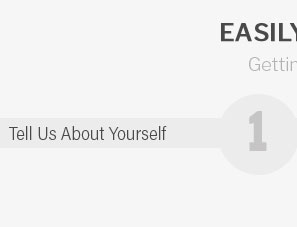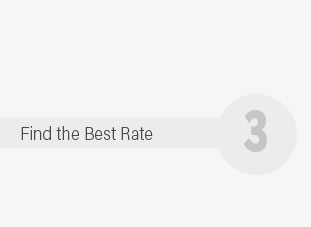 |
 |
 |
|---|
 |
 |
 |
 |
|---|
 |
 |
 |
 |
 |
 |
|---|

Understanding Affordable Health Insurance: Seeing the Bigger PictureIn today's complex world of healthcare, finding affordable health insurance can often feel like navigating a labyrinth. This comprehensive guide aims to illuminate some of the most pressing concerns that individuals and families face when seeking cost-effective health coverage. The journey to understanding affordable health insurance begins with recognizing the myriad options available, each tailored to different needs and financial situations. Firstly, it's essential to define what 'affordable' means in the context of health insurance. For some, it might mean the lowest monthly premium, while for others, it could involve a balance between premiums, deductibles, and out-of-pocket expenses. Assessing your healthcare needs is a crucial step in determining what kind of plan will be both affordable and comprehensive enough to cover potential medical expenses. Types of Health Insurance Plans:
While these options provide a starting point, the task doesn't end there. It's vital to compare different plans, taking into account not just the cost but also the coverage details, provider networks, and any additional benefits offered, such as wellness programs or telehealth services. Understanding the fine print can prevent unexpected costs down the line. Another common concern is the unpredictability of healthcare needs. Life is inherently unpredictable, and so are our health needs. Thus, many individuals worry about whether an affordable plan today will remain adequate tomorrow. This concern underscores the importance of a plan's flexibility and the ability to adjust coverage as life circumstances change. Additionally, it's wise to consider potential life changes, such as starting a family or changing jobs, when selecting a plan. Moreover, it's important to leverage available resources. The Affordable Care Act (ACA) has expanded access to health insurance, and many may qualify for subsidies that significantly reduce the cost of premiums. Consulting with a licensed insurance broker or using government resources like the Health Insurance Marketplace can provide personalized assistance in finding a plan that meets both budgetary constraints and health needs. Preventive Care and Wellness: Affordable health insurance isn't just about covering catastrophic events; it's also about promoting long-term health. Many plans emphasize preventive care, which can lead to better health outcomes and lower healthcare costs over time. Regular check-ups, screenings, and vaccinations are often covered at no additional cost, encouraging policyholders to maintain their health proactively. Lastly, it's essential to maintain an open dialogue with your healthcare providers. Discussing your financial constraints and healthcare needs can lead to more personalized care and potentially uncover additional ways to manage costs effectively. Remember, healthcare is a partnership between you and your providers, and clear communication can lead to better, more affordable outcomes. In conclusion, affordable health insurance is not a one-size-fits-all solution. It requires careful consideration of personal health needs, financial situation, and available resources. By staying informed and proactive, individuals can find a health insurance plan that not only fits their budget but also provides peace of mind, knowing that they are prepared for whatever health challenges may arise. Embracing a holistic approach to health insurance-one that balances cost with comprehensive coverage and preventive care-ensures that you are not just buying a policy but investing in your long-term health and well-being. https://www.healthcare.gov/see-plans/
You can browse plans and estimated prices here any time. Next, create or log into your Marketplace account to apply, get final prices, and enroll. https://www.aetna.com/aca-individual.html
Enjoy select plans starting at $0, plans with $0 PCP visits, $0 preventive care, walk-in clinic visits with extended hours and weekends and a $3 copay for over ... https://www.bcbs.com/explore-affordable-health-plans/individual-family-health-insurance
Explore affordable health care plansLearn ...
|
|---|